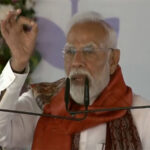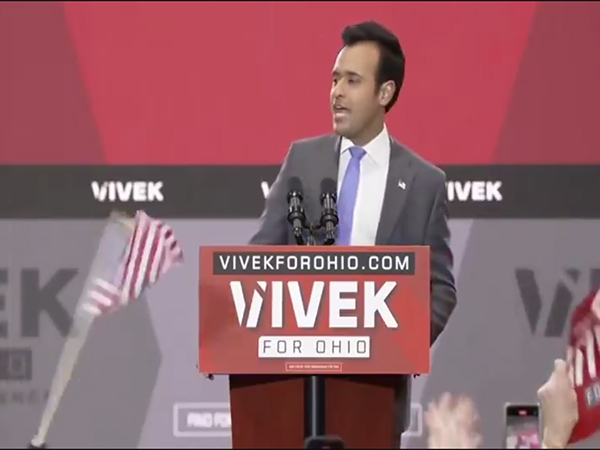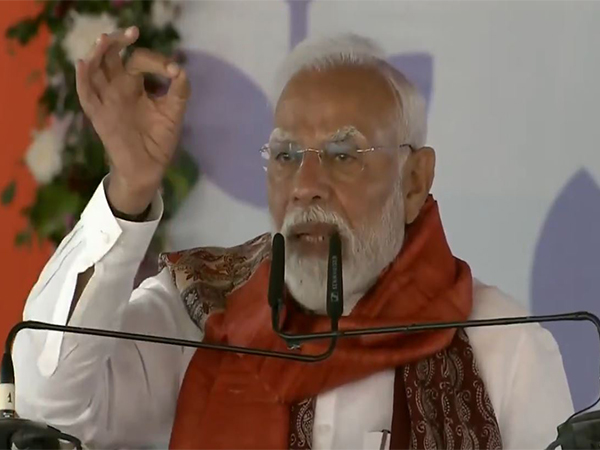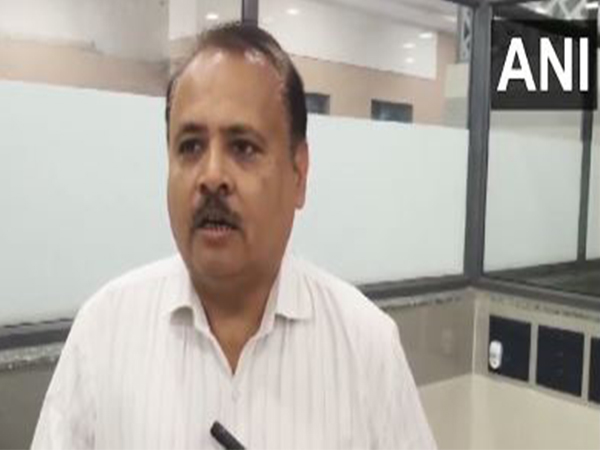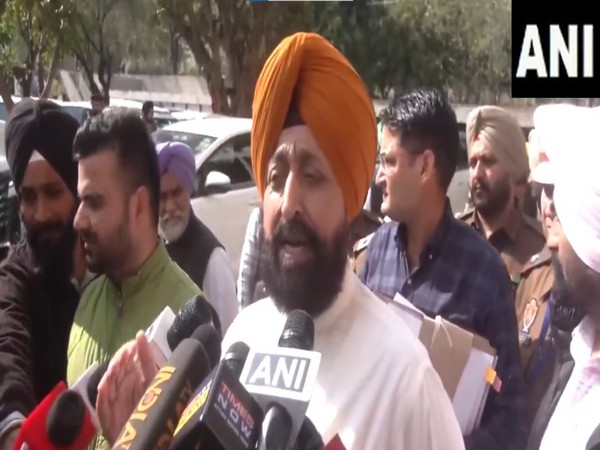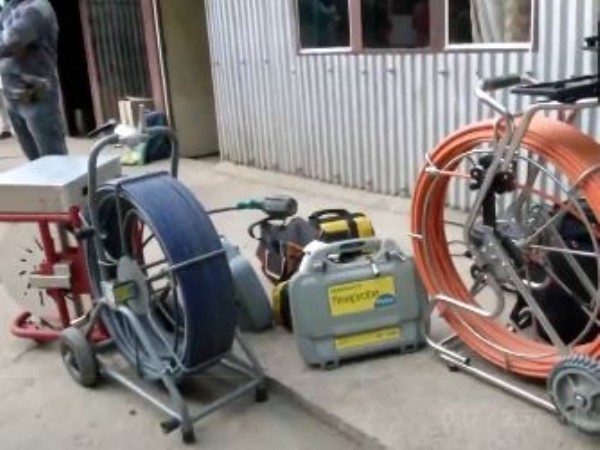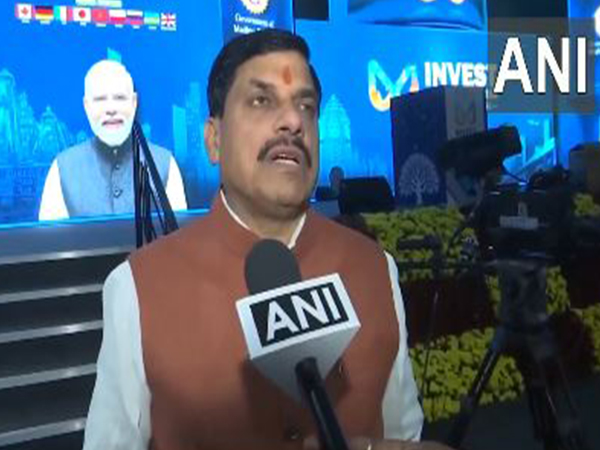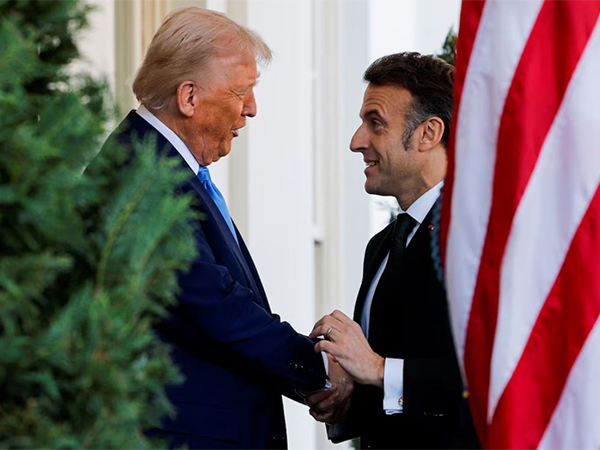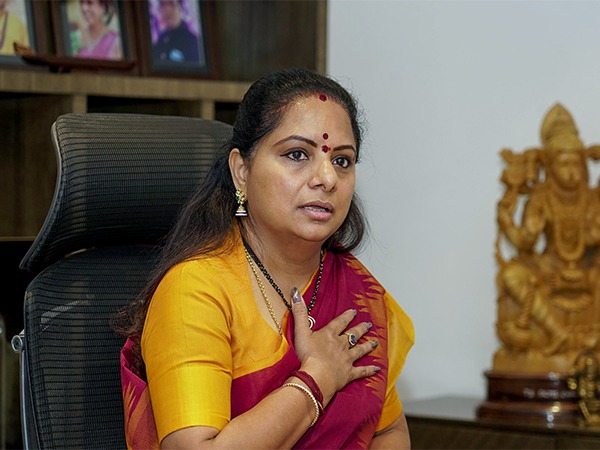
Hyderabad (Telangana) [India], March 15 (ANI): Bharat Rashtra Samithi (BRS) leader K Kavitha, daughter of former Telangana Chief Minister K Chandrashekar Rao, was arrested by Enforcement Directorate officials on Friday, hours after the probe agency conducted searches at her Hyderabad residence in connection with in Delhi excise policy case, officials said. Sources said Kavitha, who is a member of the legislative council (MLC), is being brought to the national capital for further questioning.
Shortly after she was taken into custody, Kavita’s brother and BRS working president KT Rama Rao and her cousin T Harish Rao, reached her residence. Both got into an argument with ED officers, demanding to see a transit warrant. Kavitha had skipped two summons issued by the probe agency this year. The ED had claimed Kavitha was linked to ‘South Group’ lobby of liquor traders who were trying to play a larger role under the now-scraped Delhi excise policy for 2021-22.
The ED has alleged in its chargesheet that Kavitha was part of a ‘South Group’ that allegedly paid Rs 100 crore in kickbacks to the Aam Aadmi Party leaders in exchange for undue benefits under the now-scrapped Delhi excise policy.
Officials said South Group comprises Telangana MLC Kavitha, Sarath Reddy (promoter of Aurobindo Group), Magunta Srinivasulu Reddy (MP, Ongole), his son Raghav Magunta, and others. The South Group was being represented by Pillai, Abhishek Boinpalli and Butchi Babu, the federal agency said.
Pillai, along with his associates, was allegedly coordinating with various persons to execute the political understanding between the South Group and a leader of the Aam Aadmi Party (AAP). According to the probe agency, Pillai has been an accomplice and was “involved in kickbacks” from the South Group and the recoupment of the same from businesses in Delhi.
The Central Bureau of Investigation has also previously questioned Kavitha in this case. The ED had filed a case of money laundering, taking cognisance of the FIR filed by the CBI. The ED and the CBI had alleged that irregularities were committed while modifying the excise policy, undue favours were extended to licence holders, the licence fee was waived or reduced and the L-1 licence was extended without the competent authority’s approval. The beneficiaries diverted “illegal” gains to the accused officials and made false entries in their books of account to evade detection, the probe agencies said.
As per the allegations, the Excise Department had decided to refund the earnest money deposit of about Rs 30 crore to a successful tenderer against the set rules. Even though there was no enabling provision, a waiver on tendered licence fees was allowed from December 28, 2021, to January 27, 2022, due to COVID-19, the probe agency said. (ANI)



